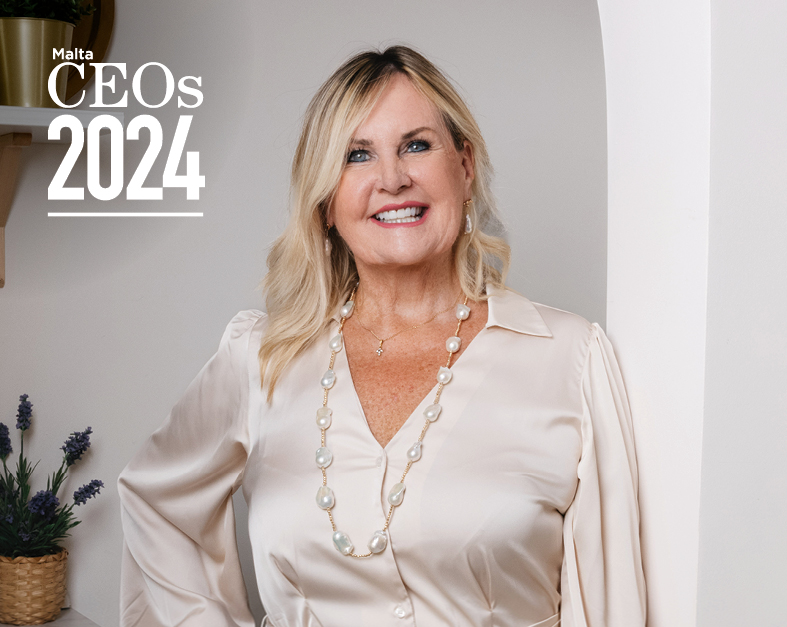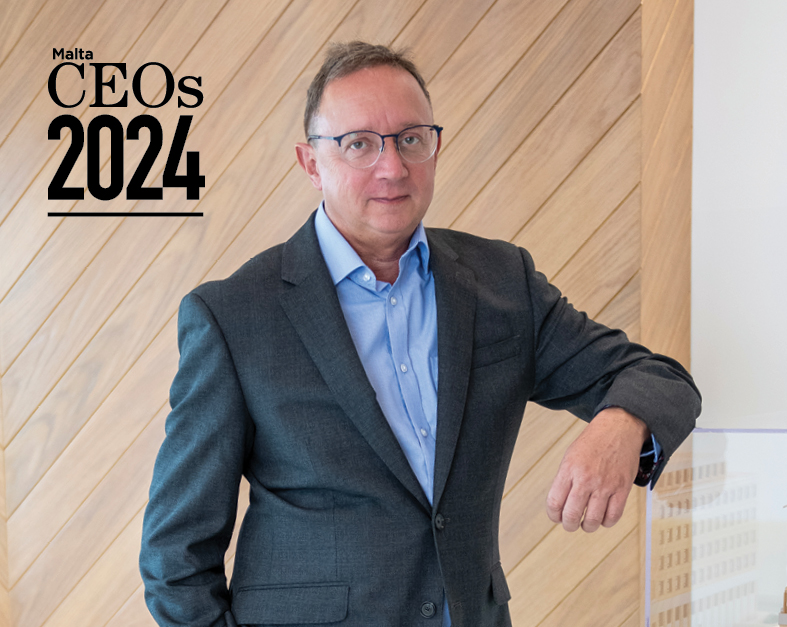Leaving home early on a Friday to start the weekend sooner,
trying to avoid double use of early here, working from home on Monday to beat traffic and teleworking, are all promising flexible work arrangements that help employees balance work and life.
However, according to Olivia Bilocca, Vanessa Camenzuli and Fran Moisa, offering flexible arrangements should be in the best interest of the business and its employees “and not just because it is trendy.”
This suggestion was sparked during a discussion organised for the first online episode of the HR Conversations series, by FM Search and hosted by headhunter Fran Moisa. The discussion was initiated within the context of fully remote working operations during COVID-19, the transition to hybrid shortly after and eventually the move back to offices full-time, “which created some unhappiness.”
Ms Bilocca, HR Consultant and Life Coach, stated that companies, when thinking about introducing hybrid and remote working, should firstly reflect on what they can offer. She remarked that not all businesses operate the same way. They therefore have to keep in mind the different ways they can offer benefits to those who cannot have remote working.

They all agreed that a policy should be put in place to address different realities. In addition, the policy would highlight what is expected both from the leader as well as the employee in such working conditions.
First and foremost, Ms Bilocca said that when starting discussions on offering flexibility options, HR should be present. In agreement Ms Camenzuli, Employer branding and Communications Strategist, also remarked that managers leading separate teams should also be included so they can share what the teams need.
Ms Camenzuli asked what Ms Bilocca’s approach would entail, should one company have people who work in retail – and therefore have to work in a shop – as well as administration that can easily work from home.

Ms Camenzuli remarked that a policy is important to establish the guidelines of how working from home looks like. In addition, employees that work in manufacturing or shop-floor workers “who obviously cannot work from home” can secure other benefits such as reduced hours on certain occasions. On the other hand, she remarks that the policy would make it clear that employees who would benefit from working from home would not be eligible for other benefits that target specifically the other workers.
Here Ms Moisa mentioned a similar occurrence where a Japanese company offered employees who do not smoke more leave, to replace hours spent not smoking, unlike other colleagues.
All three stated that it should not be assumed that everyone wants to work remotely. Some would rather work from the office to be able to socialise and get motivated by their colleagues.
In addition, they all mentioned that working remotely can also have negative effects, such as by making it more challenging to have a relationship between employer and employee, not being able to stop for a break, or working after hours as the distinction between home life and working hours gets blurred.
It is for that reason that they highlighted that having good communication between leader and employee creates a level of trust and eases operations on both ends.

Ms Moisa said that both options – remote or on site – have negative aspects. Taking in-office work as an example, she highlighted the traffic one faces on the daily to make it to work, as well as the greater possibility for distraction by colleagues.
On the other hand, being hybrid might be isolating and like Ms Bilocca said, it might be more difficult to disconnect.
Ms Camezuli also shared that it is much more difficult to build company culture when working remotely. Although it is not impossible, it will take more effort.
‘What would you choose: hybrid, fully remote or full-time office?’
For the final part of the episode, Ms Moisa asked Ms Camenzuli and Ms Bilocca about their preferred working style.
Both agreed that hybrid is what is beneficial for them. Ms Camenzuli stated that her life always included having multiple things going on at the same time, so she appreciates being able to manage her time and make the balance between life and work easier. “But definitely not fully remote,” she commented.
Offering new perspectives, Ms Bilocca said that she too is currently self-employed, however she makes the effort to not always work by herself. “It’s not healthy for me to work by myself all the time.”
Joining the conversation, Ms Moisa also agreed with the two experts, adding that during the early stages of the pandemic, she used to think that working remotely was the absolute dream. Fast forward to a few months later, the dream “turned into a nightmare.”
“Hybrid works for my personality. 80 per cent of what I know today, I’ve learnt from people that I work with at the office,” she concluded.
Malta-headquartered Catena Media to make organisational changes to combat ‘poor Q1′ – Interim CEO
During 2024’s first quarter, the company reported a pre-tax loss of €1.9 million.
Nadia Giordimaina appointed Director Regulatory & International Affairs at KM Malta Airlines
She transitioned into the role in March, having worked at the previous flag carrier, Air Malta.
Ryanair CEO calls on EU citizens to vote in favour of parties who support ‘deregulation of air travel’
He says Ryanair, together with other low-cost airlines, have led to a revolution that has freed travellers from flag carriers’ ...
54% of global CEOs view sustainability as a higher priority than they did last year – EY survey
Two-thirds of investors feel companies are now ‘greenhushing’ due to fears of being labelled as greenwashers.











